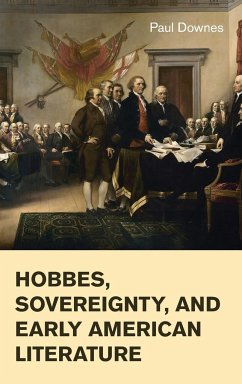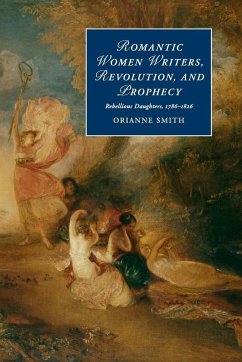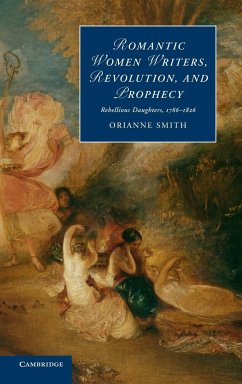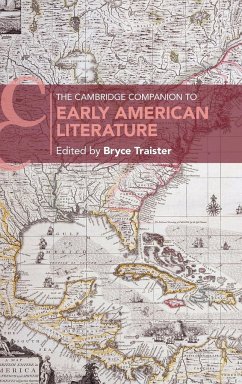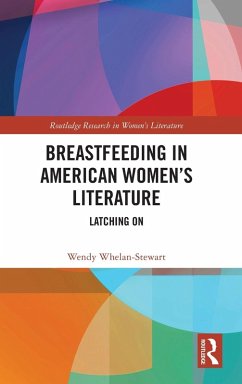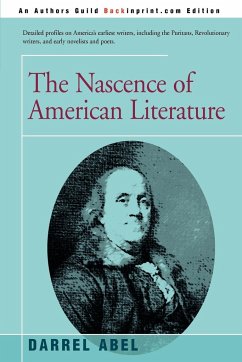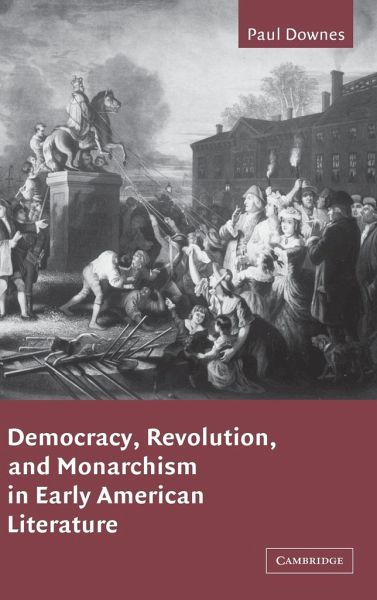
Democracy, Revolution, and Monarchism in Early American Literature
Versandkostenfrei!
Versandfertig in 1-2 Wochen
111,99 €
inkl. MwSt.
Weitere Ausgaben:

PAYBACK Punkte
56 °P sammeln!
Paul Downes combines literary criticism and political history in order to explore responses to the rejection of monarchism in the American revolutionary era. Downes' analysis considers the Declaration of Independence, Franklin's Autobiography, Crèvecoeur's Letters From An American Farmer, and the works of America's first significant literary figures including Brockden Brown, Washington Irving and James Fennimore Cooper. He claims that the new democratic American state and citizen inherited some of the complex features of absolute monarchy, even as they were strenuously trying to assert their ...
Paul Downes combines literary criticism and political history in order to explore responses to the rejection of monarchism in the American revolutionary era. Downes' analysis considers the Declaration of Independence, Franklin's Autobiography, Crèvecoeur's Letters From An American Farmer, and the works of America's first significant literary figures including Brockden Brown, Washington Irving and James Fennimore Cooper. He claims that the new democratic American state and citizen inherited some of the complex features of absolute monarchy, even as they were strenuously trying to assert their difference from it. In chapters that consider the revolution's mock execution of George III, the Elizabethan notion of the 'king's two bodies', and the political significance of the secret ballot, Downes points to the traces of monarchical political structures within the practices and discourses of early American democracy. This is an ambitious study of an important theme in early American culture and society.






